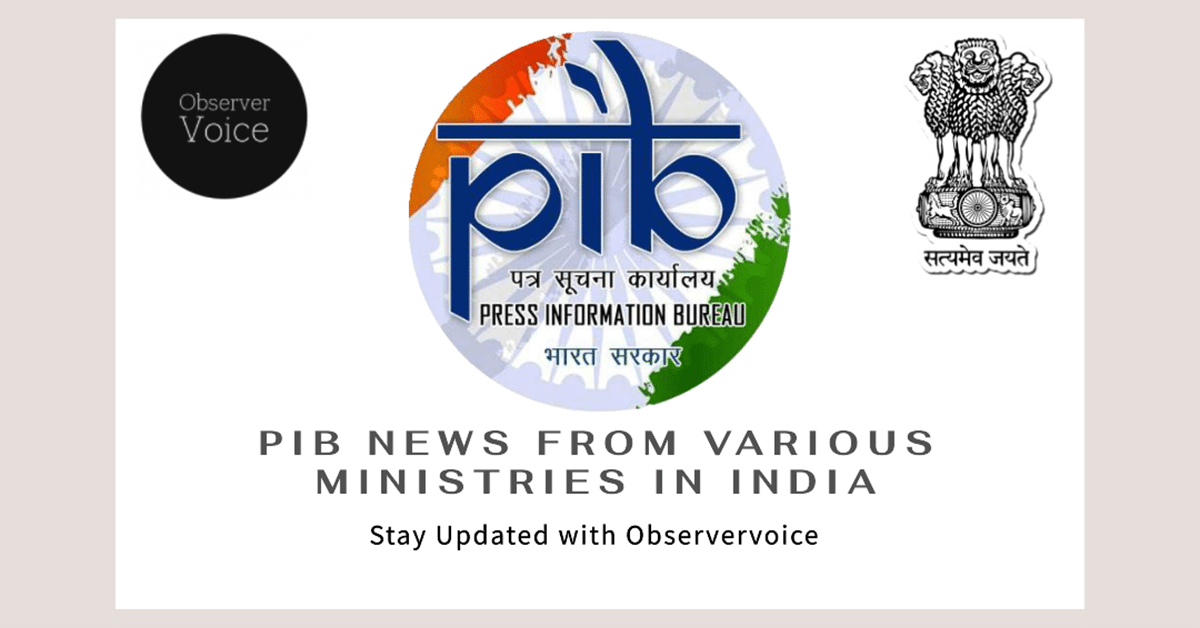Concerns Over Judicial Access and Political Discourse

In a recent address, Vice-President Shri Jagdeep Dhankhar raised significant concerns about the state of governance and democracy in India. Speaking to participants from the Indian Institute of Democratic Leadership (IIDL), he highlighted the troubling trend of judicial access being “weaponised” in recent years. This alarming development, he argued, poses a serious challenge to the fundamental rights of citizens and the integrity of democratic institutions. Dhankhar’s remarks reflect a growing unease about the erosion of democratic values and the functioning of political institutions in the country.
Weaponisation of Judicial Access
Shri Jagdeep Dhankhar emphasized that access to the judiciary is a fundamental right enshrined in the Indian Constitution. However, he lamented that this right has been increasingly manipulated over the past few decades. “Access to judiciary has been weaponised,” he stated, indicating that it is now being used as a tool for political maneuvering rather than a means of justice. This trend undermines the very essence of democracy, where the judiciary should serve as an impartial arbiter of disputes.
The Vice-President pointed out that the misuse of judicial access creates a significant challenge for governance. He noted that various bodies, lacking the necessary jurisdiction or authority, often engage in executive functions that they are not competent to perform. For instance, he cited the absurdity of a tehsildar recording a First Information Report (FIR), which is beyond their legal purview. Such actions not only violate constitutional mandates but also erode public trust in institutions designed to uphold justice and democracy.
The Role of Political Parties and Freedom of Expression
During his interaction, Dhankhar also questioned the role of political parties in promoting democracy. He raised concerns about the practice of issuing “whips” in legislative assemblies, which he believes curtails the freedom of expression of elected representatives. “Why should there be a whip?” he asked, arguing that it stifles individual thought and reduces representatives to mere followers of party lines. In contrast, he pointed to the United States, where persuasion is often used to influence decisions in the Senate, allowing for a more democratic discourse.
The Vice-President’s comments underscore a broader issue within Indian politics: the lack of meaningful dialogue among political parties. He expressed worry that the current political climate is characterized by confrontation rather than collaboration. This adversarial approach not only hampers effective governance but also alienates citizens from the political process. Dhankhar urged young leaders to engage with the public and hold their representatives accountable, emphasizing the importance of dialogue in a healthy democracy.
Disruptions in Parliamentary Functioning
Reflecting on the current state of Parliament, Dhankhar lamented that it has transformed from a “temple of democracy” into a “wrestling ground.” He criticized the frequent disruptions and chaos that have become commonplace in legislative sessions. “Is there anything left to see? Anything left to hear?” he asked, highlighting the degradation of decorum and dignity in political discourse.
The Vice-President pointed out that these disruptions are often orchestrated and serve as a strategy for political gain. He called for a collective effort to restore order and respect in parliamentary proceedings. Dhankhar emphasized that the public must hold their representatives accountable for their actions, particularly when they engage in behavior that undermines democratic values.
The Need for Accountability and Dialogue
In his address, Dhankhar stressed the importance of accountability in governance. He urged citizens, especially the youth, to use social media as a tool to audit the performance of their elected representatives. “You are a powerful pressure group,” he stated, encouraging young people to engage actively in the political process and demand transparency from their leaders.
Moreover, he highlighted the necessity for trained individuals in policy-making roles. Effective governance requires knowledgeable people who can navigate the complexities of politics and hold the government accountable. Dhankhar’s call to action resonates with the need for a more informed and engaged citizenry, capable of fostering a political environment that prioritizes dialogue and constructive criticism.
Observer Voice is the one stop site for National, International news, Sports, Editor’s Choice, Art/culture contents, Quotes and much more. We also cover historical contents. Historical contents includes World History, Indian History, and what happened today. The website also covers Entertainment across the India and World.

